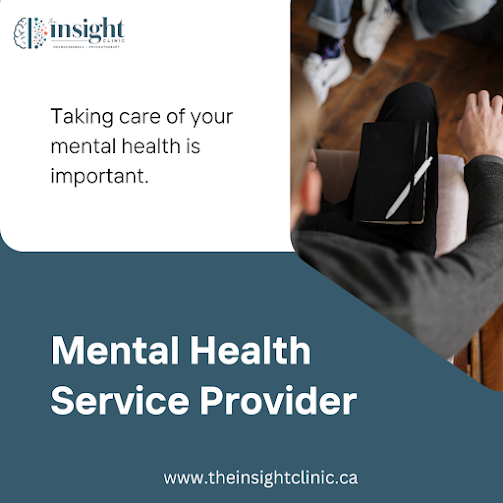Benefits of Direct Neurofeedback You Need to Know
In a world where mental health issues are become more common, creative solutions are being developed to address the problems head-on. One such development that is drawing interest is direct neurofeedback, which shows promise in improving mental health. This non-invasive technique harnesses the power of technology to optimize brain function and alleviate various mental health issues. Let's delve into the benefits of Direct Neurofeedback and why it's gaining traction among individuals seeking effective solutions for their mental health concerns.
- Efficiency: Direct Neurofeedback offers a swift and efficient way to address mental health issues. Unlike traditional methods that may take weeks or even months to show significant results, neurofeedback often provides noticeable improvements in a shorter time frame. This efficiency is particularly beneficial for individuals who are seeking rapid relief from symptoms such as anxiety, depression, or ADHD.
- Non-Invasive: One of the primary advantages of Direct Neurofeedback is its non-invasive nature. Unlike medication or surgical procedures, neurofeedback does not involve any drugs or invasive techniques. Instead, it utilizes sensors placed on the scalp to monitor brainwave activity and provides real-time feedback to the brain, allowing it to self-regulate and optimize its functioning naturally.
- Personalized Approach: Each individual's brain is unique, and what works for one person may not be as effective for another. Direct Neurofeedback recognizes this variability and offers a personalized approach to treatment. By analyzing the brain's specific patterns and providing targeted feedback, neurofeedback sessions can be tailored to meet the unique needs of each individual, maximizing the effectiveness of the treatment.
- Versatility: Direct Neurofeedback has shown promising results in addressing a wide range of mental health issues, including anxiety, depression, PTSD, ADHD, insomnia, and more. Its versatility makes it a valuable tool for mental health professionals looking to offer comprehensive treatment options to their clients. Additionally, neurofeedback can be used in conjunction with other therapeutic modalities to enhance their effectiveness.
- Lasting Results: While some treatments may provide temporary relief, Direct Neurofeedback aims to produce lasting results by facilitating positive changes in the brain's functioning. By training the brain to self-regulate more effectively, neurofeedback can help individuals develop long-term resilience against various mental health challenges, reducing the likelihood of symptom recurrence.
- Minimal Side Effects: Unlike many medications that often come with a range of side effects, Direct Neurofeedback typically has minimal adverse effects. Since it works by harnessing the brain's natural ability to regulate itself, the risk of experiencing negative side effects is significantly reduced, making it a safe and well-tolerated option for many individuals.
- Improved Quality of Life: Perhaps the most significant benefit of Direct Neurofeedback is its potential to improve overall quality of life. By alleviating symptoms associated with mental health issues and promoting brain health and resilience, neurofeedback can empower individuals to lead more fulfilling and productive lives, free from the constraints of their conditions.
In conclusion, Direct Neurofeedback holds immense promise as a non-invasive, efficient, and versatile tool for enhancing mental well-being. Its ability to deliver personalized treatment, produce lasting results, and minimize side effects makes it a compelling option for individuals seeking effective solutions for their mental health concerns. As research in this field continues to evolve, Direct Neurofeedback is poised to play an increasingly important role in the mental health landscape, offering hope and healing to countless individuals worldwide.




Comments
Post a Comment